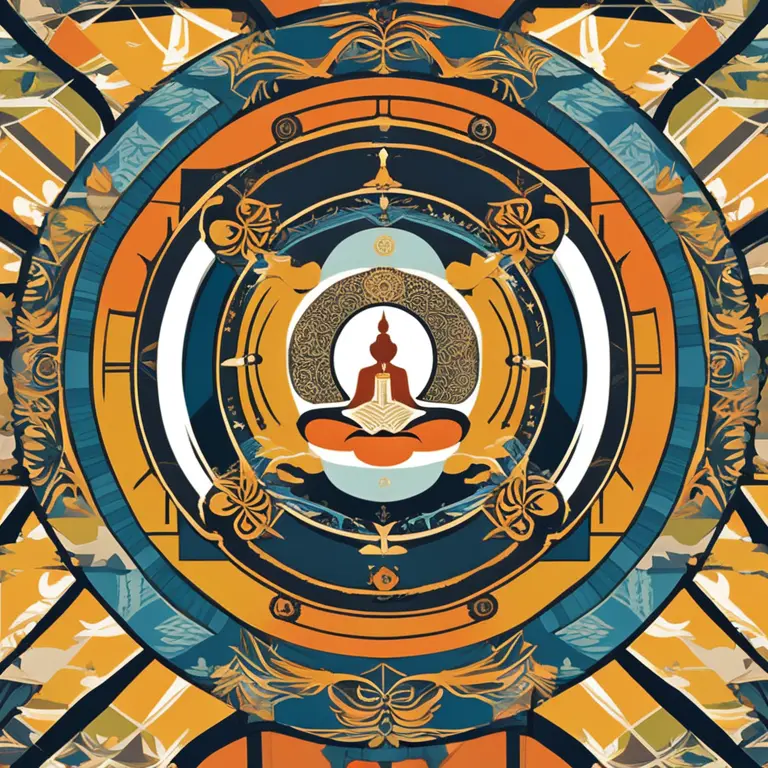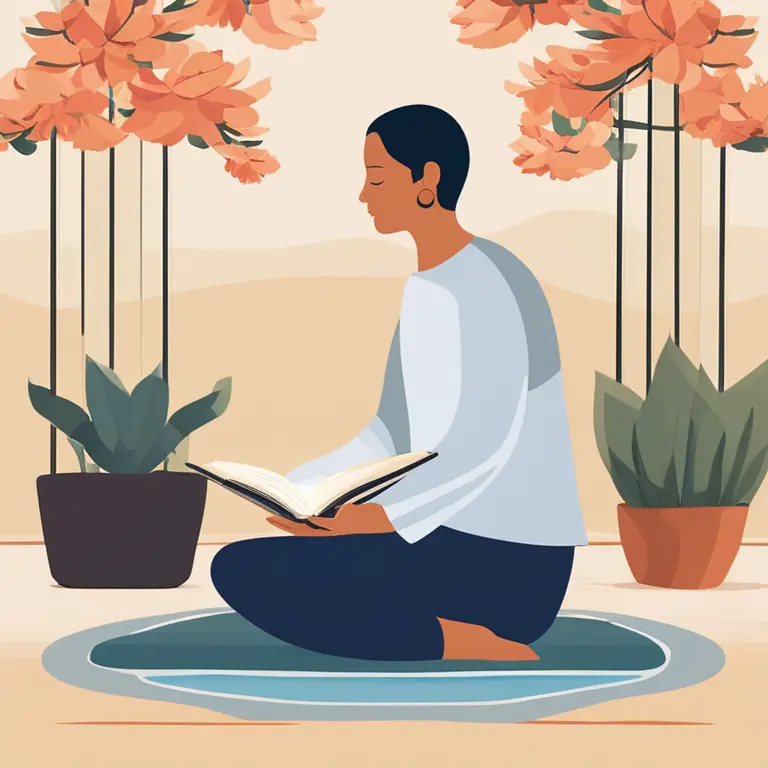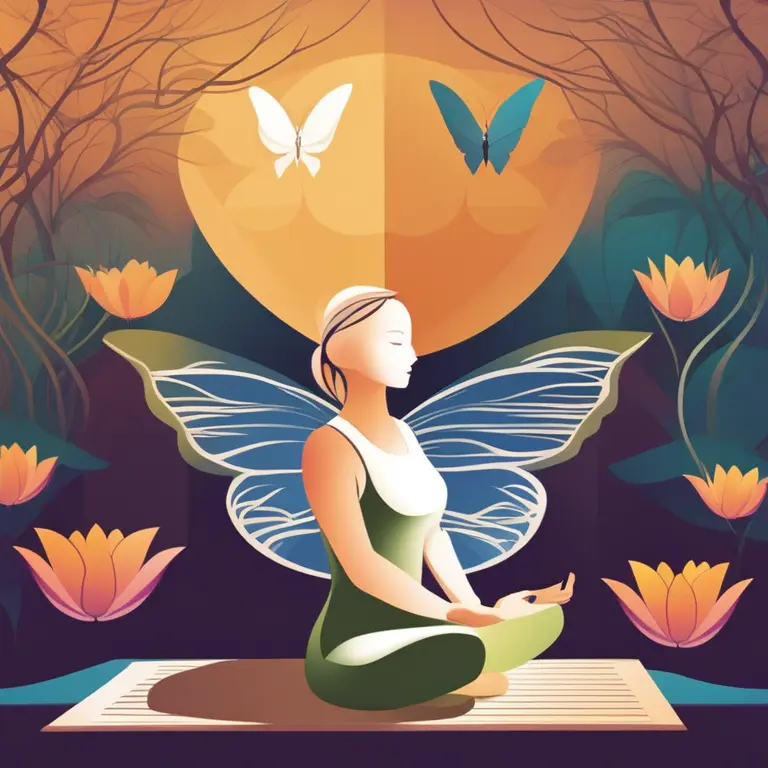
The Serenity in Stillness: Beginners’ Guide to Meditation
Embark on a journey of inner peace with our guide to meditation, a timeless practice for the mind, body, and spirit.
article by Hina Kurosawa
Introduction to Meditation
Meditation is an ancient practice that has stood the test of time, evolving into a diverse collection of techniques that aim to enhance mental, emotional, and physical well-being. Once a ritual rooted in various religious and spiritual traditions, it has now expanded across cultures worldwide. In our increasingly hectic world, meditation offers a much-needed respite, providing a means to slow down, reflect, and connect with the deeper aspects of oneself. As we continue into 2024, the relevance of meditation becomes ever more poignant amidst the complexities of modern life.

The Benefits of Regular Practice
The advantages of incorporating meditation into daily life are supported by an ever-growing body of research. Regular practice can reduce stress, improve concentration, and promote a greater sense of happiness and well-being. Physiologically, meditation has been found to lower blood pressure, boost the immune system, and aid in a more restful sleep. As our understanding of the mind-body connection deepens, meditation is increasingly recognized not merely as a practice but as a vital component of holistic health.

Meditation and Mindfulness
Mindfulness is often intertwined with meditation, prompting a heightened state of awareness and presence. The essence of mindfulness meditation is to observe thoughts and sensations without judgment, anchoring the mind in the present moment. This practice encourages a heightened sense of clarity and allows for an introspective look at one's emotional landscape. The growing popularity of mindfulness in psychological circles highlights its significance for mental health in our times.

Starting Your Meditation Journey
Embarking on a meditation practice can seem daunting, but the key is simplicity. Beginners are encouraged to start with short, focused sessions, gradually lengthening in time. Creating a dedicated space for practice, free from distractions, can significantly enhance your experience. As one progresses, exploring various forms such as guided meditation, mantra meditation, or movement-based practices like yoga can add depth to your practice.
Meditation Techniques for Everyone
Meditation is a deeply personal experience, and there is no one-size-fits-all approach. Some may find solace in silence, while others may prefer guided visualizations or even walking meditations. Experimentation is essential to discovering what resonates with your individual needs. In our digital age, apps and online communities offer valuable resources and support, making meditation more accessible than ever before.
Integrating Meditation Into Your Lifestyle
To reap the full benefits, meditation should become more than a sporadic activity; it should integrate seamlessly into your lifestyle. This might include meditating first thing in the morning, during a lunch break, or before sleep. Aligning meditation with daily routines can make it a natural and enduring part of your life, ensuring its advantages are continuously felt.
The Future of Meditation
Looking ahead, the evolution of meditation is set to continue, with advancements in virtual reality and neurofeedback offering new ways to engage with the practice. As we grow more interconnected and life's pace accelerates, meditation stands as a testament to the human capacity for introspection, peace, and resilience. It's a tool not only for personal growth but also for fostering a more empathetic and mindful society.
Published: 1/24/2024
Modified: 1/24/2024
More predictions
Come back here soon to learn more about yourself and your future


Effective Meditation for Contemporary Life
Discover the meditation methods that best suit the fast pace of contemporary life and how they enhance mental and emotional well-being.


Soothing Sleep: Meditation for Restful Nights
Discover effective meditation practices to enhance sleep quality and embrace restfulness in this insightful article.